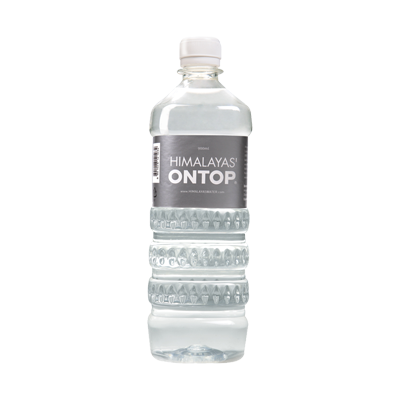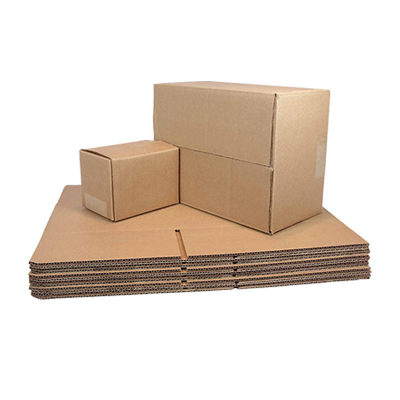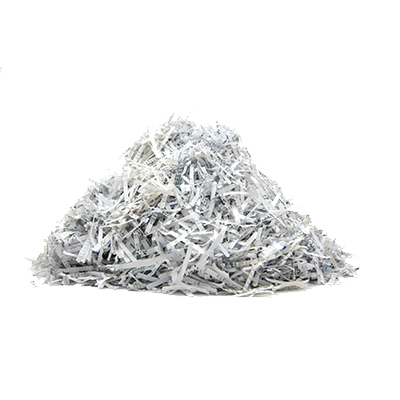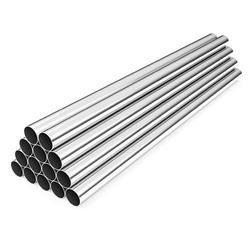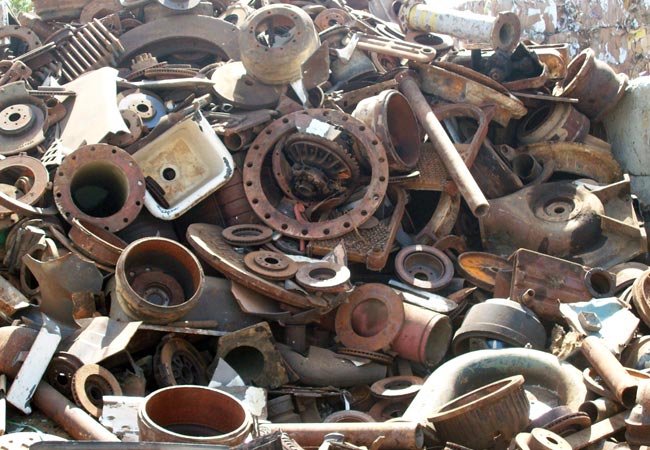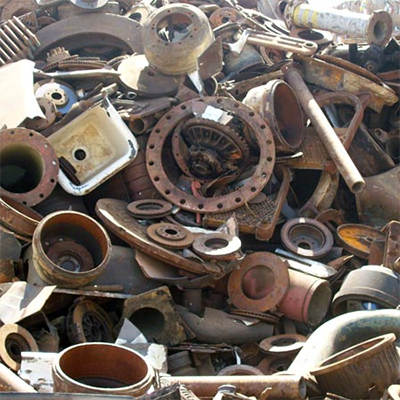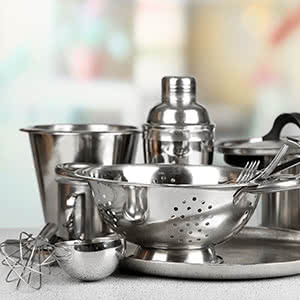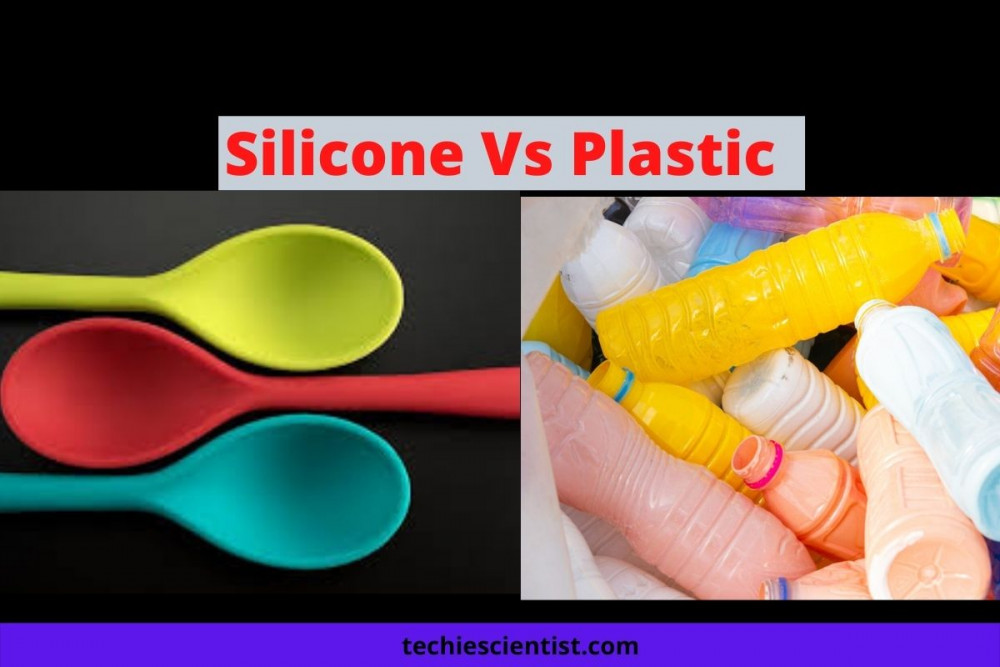
2023-07-10
A Promising and Beneficial Alternative to Plastic
A wide range of synthetic or semi-synthetic materials that use polymers as its main ingredient is known as plastics. Without a doubt, the introduction of plastics has revolutionized them as they have become an integral part but concerns about their sustainability have been raised by their effects on the environment. As the world looks for more environment friendly and sustainable substitutes, silicon has emerged as a promising alternative. In this blog post we will learn about what silicone is,and why it is being considered as a potential alternative for plastic and does it really provide a better solution.
Silicone is a synthetic polymer made up of silicon, oxygen, carbon and hydrogen. Silicone is a versatile material in various industries because of its exceptional properties obtained from its unique chemical structure. People often mistake silicon for plastic because their appearance and usages are similar but in terms of composition and characteristics they stand very apart.
Why is silicone considered as an alternative to plastic?
- Because of its durability and versatility
Silicone displays remarkable durability by withstanding extreme heats, UV rays and hard chemicals. Silicone is capable of retaining its flexibility even in low temperature as well as remaining stable in high temperature environments. It's this durability that makes silicone a long lasting substitute for many plastic applications.
- Because of its non-toxic and food-safe nature
Some plastics may contain harmful chemicals like BPA or phthalates whereas silicone is non-toxic and hypoallergenic and does not release any harmful chemicals when heated so is generally considered safe for human use. Because of this characteristics Silicone has been a popular choice for kitchenware, baby products and medical devices
- It is heat and cold resistant
The ability of silicone to withstand extreme temperatures without losing its properties makes it applicable to use in both bakeware, cookware and and oven mitts as well as various freezer storage containers
- Its Environmental Considerations :
Even though silicone is not biodegradable, it can be recycled. The recyclable and reusable property of silicone with an addition of its durability, it directly contributes to the environment by reducing wastes in comparison to traditional plastics.
Drawbacks
Even though Silicone gives several advantages over traditional plastic we cannot ignore the limitations and its environmental impacts
- Energy-Intensive Production
A significant amount of energy is required in the manufacturing process of silicone that results in the production of carbon. This energy-intensive production can diminish some silicone’s eco-friendly benefits.
- Recycling Challenges
Even though silicone is recyclable, the recycling infrastructure is not as developed as that of traditional plastics. This challenges efficient recycling and limits its overall sustainability.
- Limited End-of-life Options
Silicone cannot be easily incinerated for energy recovery unlike some plastics due to its chemical composition. Because of this the disposal can pose some environmental concerns as the end-of-life options for silicone are often limited
The sustainability of silicone is likely to increase with improved technology and recycling methods. It is crucial for us to keep exploring and developing substitute materials that offer a broad solution to the plastic problem we are facing today.


